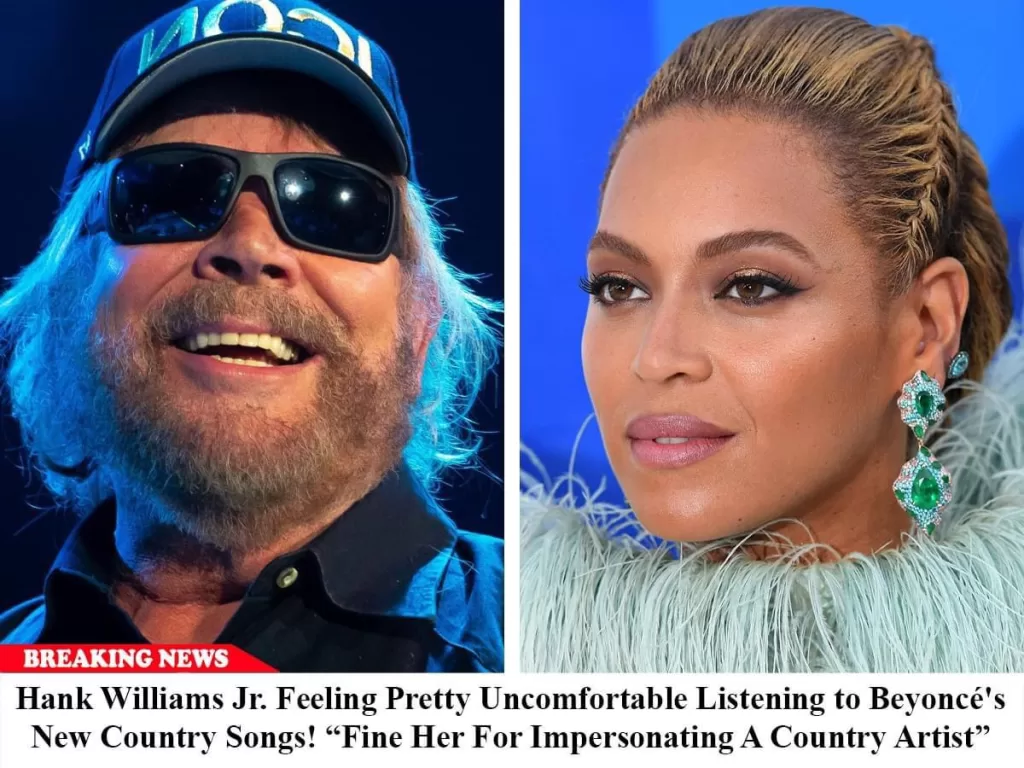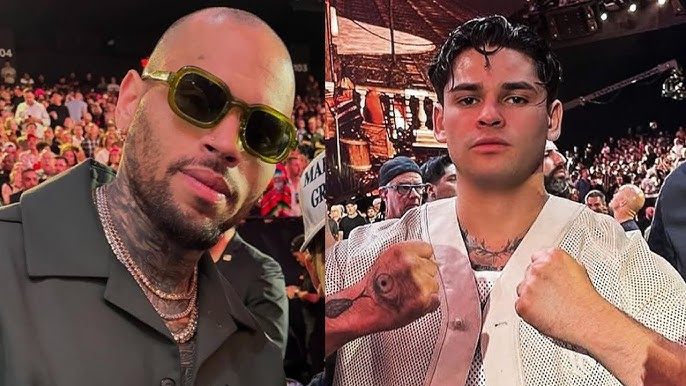In the world of country music, tradition holds a sacrosanct place. So, when Beyoncé released her genre-bending country album, Cowboy Carter, it was bound to stir up controversy. But the reaction from country music stalwart Hank Williams Jr. was particularly scathing. Williams has publicly criticized Beyoncé’s venture into country music, suggesting that her attempt is nothing short of impersonation and that she should be fined for masquerading as a country artist.
“Cowboy Carter” is Beyoncé’s ambitious exploration of Americana through a modern lens. It mixes elements of pop, hip-hop, blues, and more, ostensibly to bridge cultural gaps and shine a light on the oft-overlooked contributions of Black artists to country music. However, Williams argues that Beyoncé’s approach lacks the authenticity that true country music demands. “She can never be country,” Williams stated in a recent interview, “What she’s done here, dressing up pop and hip-hop in a cowboy hat, that’s not the heart of country music.”
/cdn.vox-cdn.com/uploads/chorus_image/image/72933315/Bey.0.jpg)
Williams’ comments have ignited a fierce debate in the music industry, highlighting a divide between traditionalists who advocate for a more purist approach to country music and those who support genre experimentation as a means of evolution. Williams, with his deep roots in the genre, represents a voice of conventional wisdom that sees Beyoncé’s album as a threat to the integrity of country music.
This isn’t the first time that the country music world has grappled with questions of authenticity and purity. The genre has evolved significantly since its early days, and artists like Taylor Swift and Florida Georgia Line have previously faced criticism for integrating pop sensibilities into their music. However, Beyoncé’s album has taken this to a new level, not just by mixing genres but by introducing narratives and historical contexts that challenge the traditional narratives of country music.








